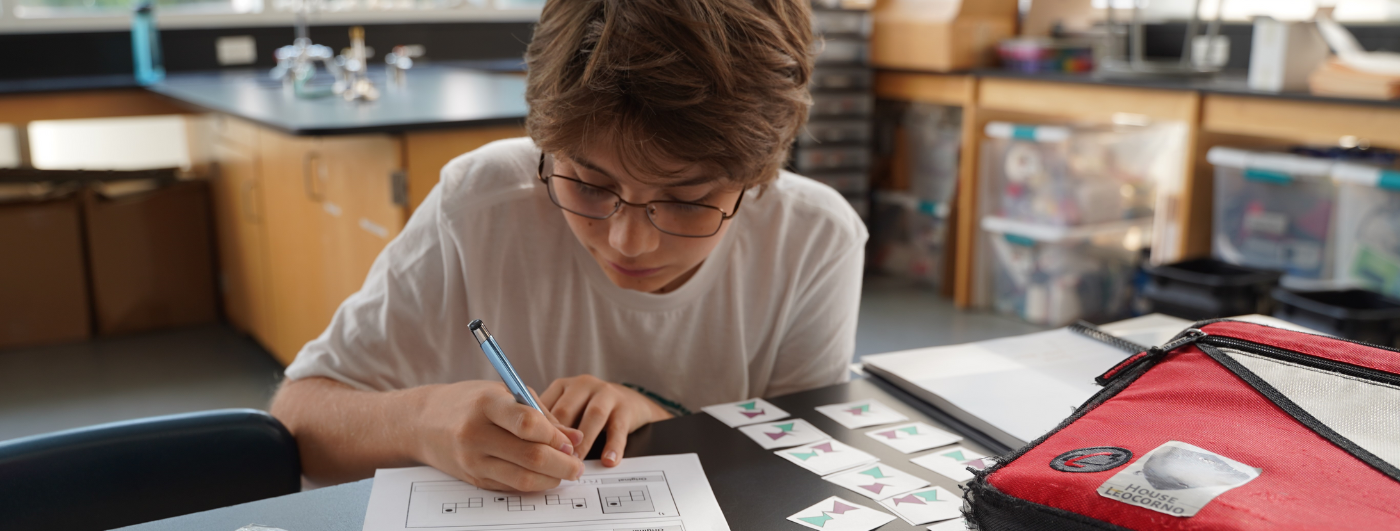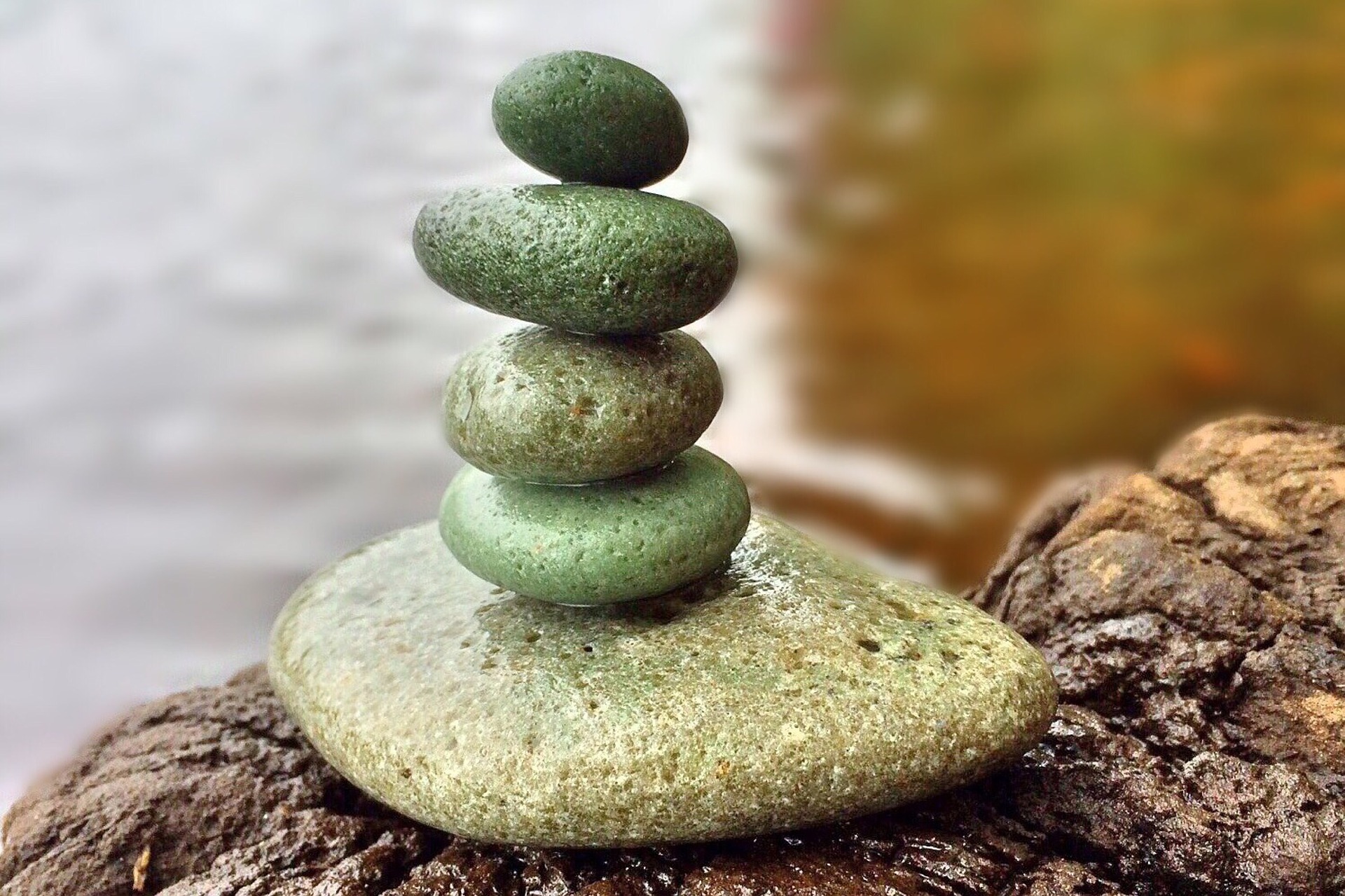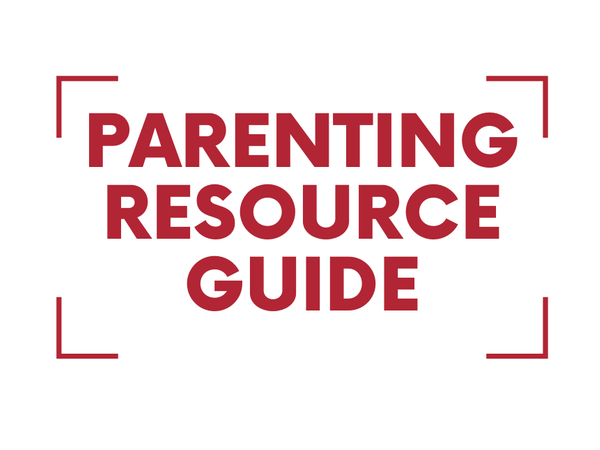Empowering students with language-based learning differences

Siena Blog



The Siena School Blog
Discover, Learn, Celebrate, and Empower
Welcome to Siena's blog, your source for helpful, cutting-edge resources tailored to teachers, parents, and other advocates in the learning differences community. We are dedicated to providing a wealth of curated knowledge spanning various topics, ranging from dyslexia advocacy and awareness to classroom teaching strategies, heritage month profiles, and social and emotional health.
Discover innovative classroom strategies that inspire creativity and foster a love of learning.
Our commitment to social-emotional wellness ensures that we provide valuable insights into healthy student development and self-advocacy.
Discover resources, reading and podcast recommendations, volunteering opportunities, and more for parents in the LD community.
Our important heritage month posts highlight key people, offer reading and podcast recommendations, and more.
10 Experiential Self-Care Lessons in a School Day

Stress management and self-care tools are needed for our students in normal times, but it’s especially important to offer these tools now.
How do we as educators and counselors keep teaching students about self-care and stress reduction when so much has changed—and continues to do so? When possible, practicing the following exercises virtually alongside our students allows them to feel the benefits in the moment and take them outside class time.
![]() Mindful breathing: While teaching the biology of deep breathing and its activation of the parasympathetic nervous system can be helpful, practicing the following breathing exercises can allow students to feel a sense of calm immediately after the practice. Some breathing exercises to note are:
Mindful breathing: While teaching the biology of deep breathing and its activation of the parasympathetic nervous system can be helpful, practicing the following breathing exercises can allow students to feel a sense of calm immediately after the practice. Some breathing exercises to note are:
- 4-7-8 breathing,
- 5-finger breathing,
- shape breathing (such as square breathing),
- hand tracing breathing,
- infinity breathing,
- extending the exhale by one or two breaths,
- taking 10 deep breaths.
![]() Progressive muscle relaxation: You can guide students through a brief relaxation exercise of tensing specific muscle groups and then relaxing that muscle group completely. Continue this from head to toes. This is a great stress reliever that students can easily do on their own.
Progressive muscle relaxation: You can guide students through a brief relaxation exercise of tensing specific muscle groups and then relaxing that muscle group completely. Continue this from head to toes. This is a great stress reliever that students can easily do on their own.
![]() Mindfulness: There are numerous ways to practice mindfulness, many of which our students might be doing every day. Grounding exercises help students better understand the concept of paying attention to the present moment without judgment. A simple way to introduce the concept of mindfulness is to have students practice the 5 senses by naming:
Mindfulness: There are numerous ways to practice mindfulness, many of which our students might be doing every day. Grounding exercises help students better understand the concept of paying attention to the present moment without judgment. A simple way to introduce the concept of mindfulness is to have students practice the 5 senses by naming:
- 5 things they can see,
- 4 things they can hear,
- 3 things they can feel,
- 2 things they can smell, and
- 1 thing they can taste.
![]() Positives: Research has shown us that when people list 3 Good Things that happened during their day for a period of at least two weeks, they have lower stress and anxiety. Having students list 3 Good Things, big or small, regularly encourages them to focus on the positives in their lives. For instance, Siena teachers and students shared some early positives from our move to distance learning.
Positives: Research has shown us that when people list 3 Good Things that happened during their day for a period of at least two weeks, they have lower stress and anxiety. Having students list 3 Good Things, big or small, regularly encourages them to focus on the positives in their lives. For instance, Siena teachers and students shared some early positives from our move to distance learning.

![]() Gratitude: Ask students to write a letter of gratitude during a class and what they appreciate about a person, object, topic—or even themselves.
Gratitude: Ask students to write a letter of gratitude during a class and what they appreciate about a person, object, topic—or even themselves.
![]() Emotion check-in: Create a routine in which students label how they are feeling. This can be done through a Google form or in other creative ways; educators can offer new emotional vocabulary to help students expand their (evolving) feelings.
Emotion check-in: Create a routine in which students label how they are feeling. This can be done through a Google form or in other creative ways; educators can offer new emotional vocabulary to help students expand their (evolving) feelings.
![]() Controlling what they can: Ask students to draw a circle on a page and write things they can control inside the circle: e.g., their attitude, their perspective, their hygiene, their next meal or drink, how they spend their time, how they care for themselves, and so on. On the outside of the circle, ask students to write things they cannot control at this time; e.g., how others act, the virus, when things will open, etc. Identifying what they can and can’t control can help assuage students’ anxiety, as well as ground them in the moment.
Controlling what they can: Ask students to draw a circle on a page and write things they can control inside the circle: e.g., their attitude, their perspective, their hygiene, their next meal or drink, how they spend their time, how they care for themselves, and so on. On the outside of the circle, ask students to write things they cannot control at this time; e.g., how others act, the virus, when things will open, etc. Identifying what they can and can’t control can help assuage students’ anxiety, as well as ground them in the moment.
![]() Creative projects: Often when students engage in creative endeavors, they are naturally practicing mindfulness. After working on a project, ask students to reflect on how they felt while doing it.
Creative projects: Often when students engage in creative endeavors, they are naturally practicing mindfulness. After working on a project, ask students to reflect on how they felt while doing it.
![]() Movement: Whenever possible, add movement into your lessons. For example, there are many chair yoga poses or other quick bursts of movement that students can do. See this blog post from Siena for how teachers keep students (and themselves!) moving during online classes.
Movement: Whenever possible, add movement into your lessons. For example, there are many chair yoga poses or other quick bursts of movement that students can do. See this blog post from Siena for how teachers keep students (and themselves!) moving during online classes.
![]() Self-care: Ask about your students’ self-care routines. Encourage them to name ways they take care of themselves. Normalize self-care and allow students to share this with one another; hearing from their peers may just encourage them to adopt a new tool. If they’re reticent about sharing, consider giving them some suggestions based on your own self-care techniques. (See below for an example of a weekly wellness challenge.)
Self-care: Ask about your students’ self-care routines. Encourage them to name ways they take care of themselves. Normalize self-care and allow students to share this with one another; hearing from their peers may just encourage them to adopt a new tool. If they’re reticent about sharing, consider giving them some suggestions based on your own self-care techniques. (See below for an example of a weekly wellness challenge.)
Anxiety management and attention to mental health will continue to be important in the coming weeks and months. Getting students to think now about self-care and anxiety management not only helps them finish the school year; it also sets them up for similar practices in the summer when they might miss the structure of school.
As teachers, counselors, parents, and others in students’ support networks are caring for our whole selves, we can keep ensuring that students know how to care for themselves and others.

Caring For Our Whole Selves: Tips and Resources

While we’re all being extra-aware of physical health and wellness, remember that our mental health, anxiety management, and self-care are important as well. We’re learning more each day about what to do to keep ourselves and others healthy physically. There are also resources to help support your own and your family’s mental health during this time of distance learning.
Note: The Siena School does not endorse or assume responsibility for any of the programs, services or individuals listed below. This list is solely for the reader’s information.

2-1-1 Maryland
2-1-1 Maryland is partnership of four agencies working together to provide simple access to health and human services information. 2-1-1 is an easy to remember telephone number that connects people with important community services. Our specially trained call specialists answer calls 24 hours a day, every day of the year.

Child Mind Institute
In addition to numerous articles helping parents navigate this challenging time, the Child Mind Institute is offering the following clinical and supportive resources:
- Facebook Live video chats with expert clinicians (10am and 8pm)
- Remote evaluations and telemedicine
- Flat-fee phone consultations for problem behavior
- Daily parent tips on childmind.org, Facebook and Instagram at 8am

EveryMind
During this time of heightened anxiety, EveryMind is encouraging people to utilize their phone, text, and chat call specialists. They are available 24/7 to listen and provide support. This service is free and open to all members of the community. You do not have to be in crisis to connect with EveryMind. Reach out even if you are just looking for ways to support someone you are concerned about.
Call/Text: 301-738-2255

GoZen
GoZen is a suite of educational programs and tools designed to give parents and practitioners what they need to arm kids with essential life skills to not only manage anxiety but to live with deeper engagement and purpose.
During this challenging time, GoZen is offering video chats by four experts to discuss the myriad of challenges that families are navigating.
Helping Kids Play Independently - Avital Schreiber-Levy
Helping Kids Manage Coronavirus Fears - Dr. Laura Markham
Helping Parents Navigate Life Changes Due to Coronavirus - Dr. Shefali Tsabary
Applying Mindfulness to Quell Anxiety - Dr. Elisha & Dr. Stefanie Goldstein
Resources to Help Manage Anxiety
Counselor Keri Blog Post: Helping Kids Who are Worried About the Coronavirus
Counselor Keri: Worry Warrior Videos for our 4th-6th grade students
NY Times Article: 5 Ways to Help Teens Manage Anxiety About the Coronavirus
CNN Article: How to Keep Coronavirus Fears from Affecting Your Mental Health
Resources to Help Manage Anxiety - Apps/Online Activities
Calm: Free Curated Resources for Guided Meditations, Calming Sounds, Movement, etc
Reach Out Australia: Various apps to help manage stress and anxiety
Positive Psychology: 25 Mindfulness Exercises and Games
Free Mindfulness Classes: For Elementary Students
Note: We do not endorse these apps. Check the privacy and appropriateness for your teen.
Our physical and mental health are strongly connected, and you can get the support you need to maintain both for your family—and yourself. Siena will continue to share valuable tips and ideas as we learn more about how to take care of our whole selves. Help is available online and in our communities
